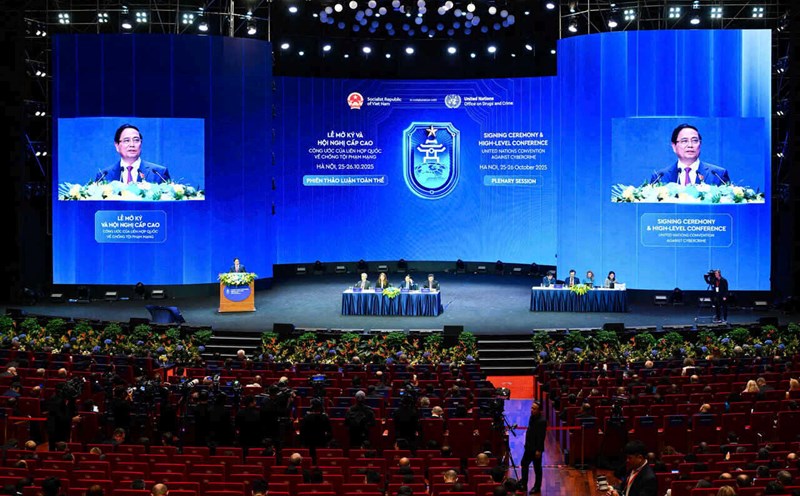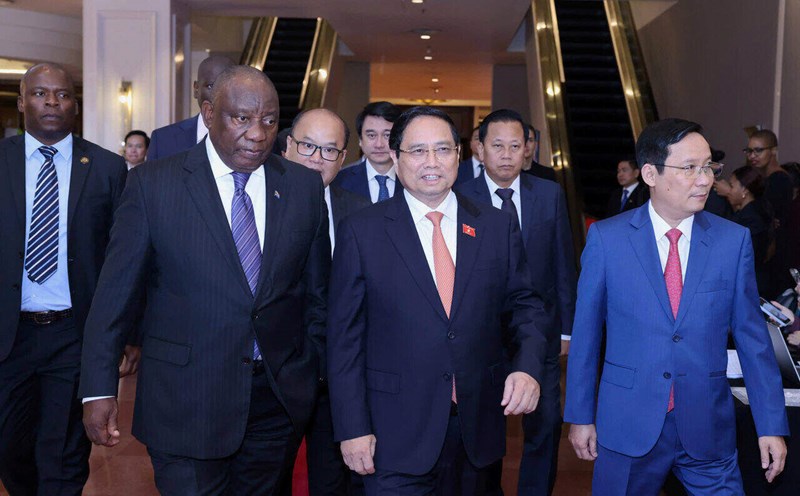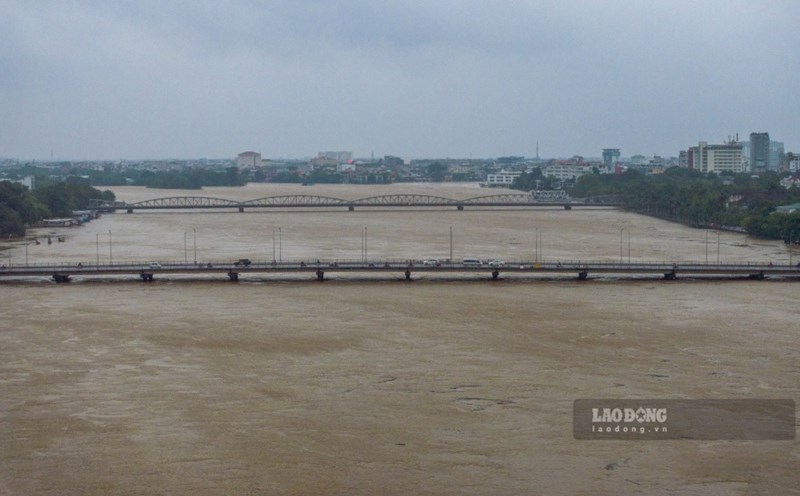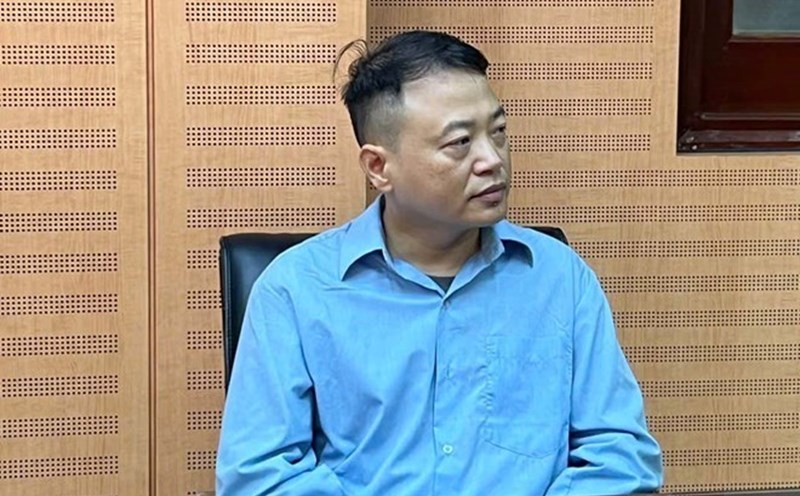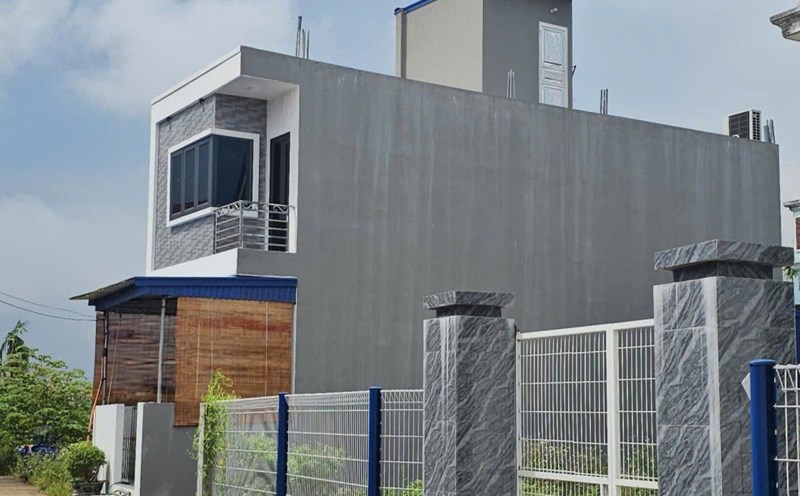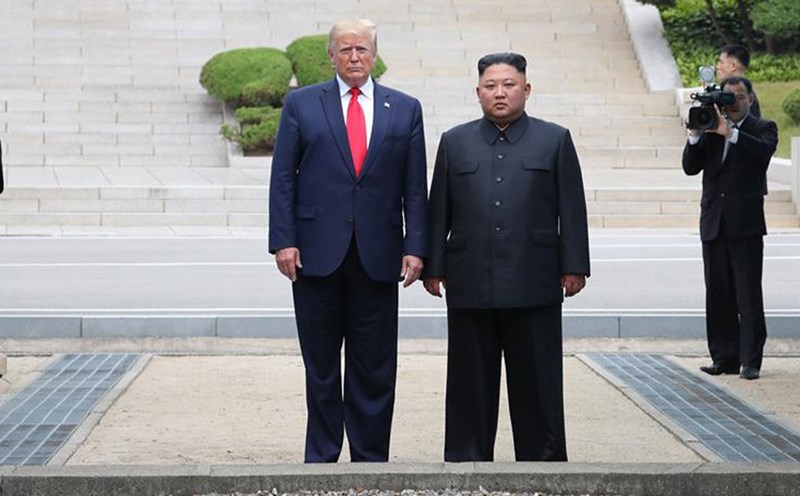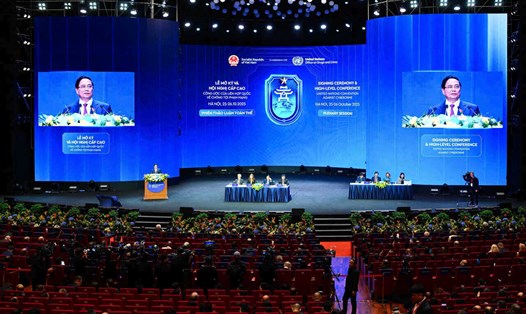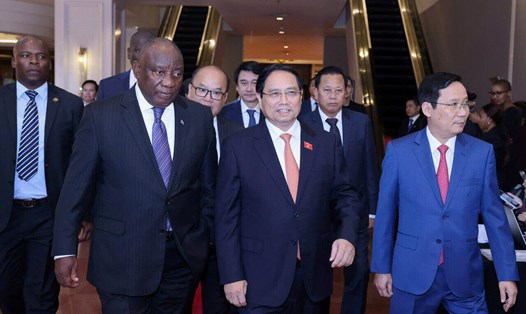Continuing activities in the ASEAN Summit series with partners, on October 27, Politburo member and Prime Minister Pham Minh Chinh, along with leaders of ASEAN countries, China, Japan and South Korea attended the 28th ASEAN+3 Summit at the Kuala Lumpur Convention Center, Malaysia.
The Director of the ASEAN+3 macro-economic Research Office (AMRO) and the Chairman of the East Asia Business Council (EABC) attended the Conference as guests of the Chairman.
At the conference, Prime Minister Pham Minh Chinh shared the assessment of countries leaders on the strategic value of ASEAN+3 in the context of rapid and complicated geopolitical and geoeconomic fluctuations, increasing risks to the economy and development.
The Prime Minister expects ASEAN+3 to unite more closely, connect more effectively and innovate more strongly to continue to develop comprehensively and sustainably, and effectively respond to challenges and shocks on the outside.
Accordingly, Prime Minister Pham Minh Chinh proposed 3 orientations to strengthen ASEAN+3 cooperation in the new situation.
First, improve the quality of economic, trade and investment cooperation, digital transformation and green transformation in the region; make the most of the ASEAN - China FTA 3.0, and urgently review and upgrade FTAs between ASEAN and Japan and with Korea; expand the Regional Comprehensive Economic Partnership (RCEP) and link RCEP with other regions to diversify markets and supply chains; promote investment in digital infrastructure and data centers; strengthen digital trade cooperation, complete databases, improve economic management capacity, support effective digitalization.
Second, strengthen the self-reliance and resilience of the region; synchronously and effectively deploy the ASEAN+3 Emergency Rice Reserve Fund (APTERR) and the Rapid Financial Mechanism (RFF); promote energy security cooperation, research and development of energy reserve in emergency situations; invest in developing climate change adaptation infrastructure, and early disaster warning mechanisms in the region.
The Prime Minister also asked East Asian countries to support ASEAN countries that need to develop nuclear power, transfer technology, share experiences, train human resources and ensure nuclear safety; proposed connecting financial centers of ASEAN+3 countries to attract more green financial flows to serve digital transformation and green transformation in the region.
Third, solidarity and close coordination to maintain a peaceful, secure and stable environment for development. ASEAN+3 must be a mechanism to maintain solidarity, promote dialogue, build trust, enhance inclusive and sustainable cooperation, effectively respond to common challenges in the region and the world, cooperate in protecting cyberspace affecting human rights and people in the region.
The Prime Minister emphasized that, regardless of the issue of the Korean Peninsula, the East Sea or any issue, the most important factor is that countries need to respect international law, the United Nations Charter, the United Nations Convention on the Law of the Sea (UNCLOS) 1982, open dialogue, sincere cooperation, trust and mutual respect, dispute resolution by peaceful means, together shaping an open, inclusive, transparent regional structure, based on the law with ASEAN playing a central role.


